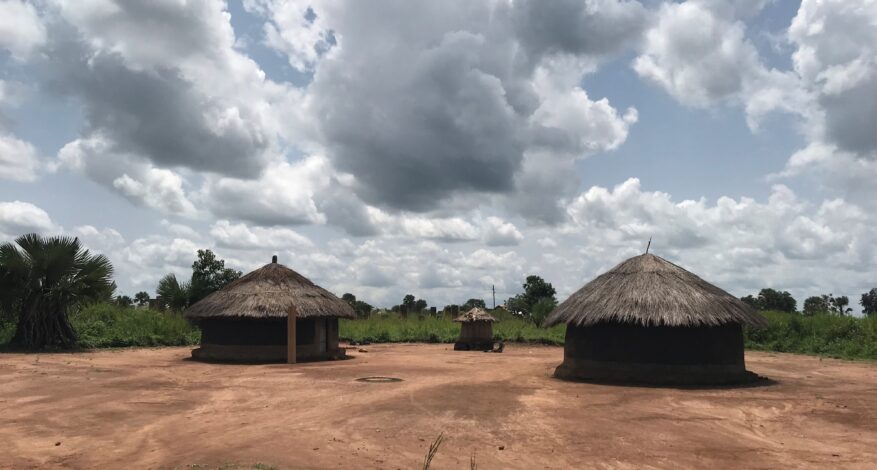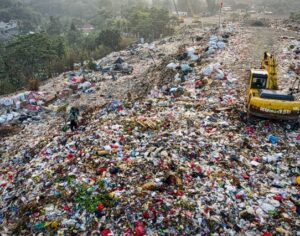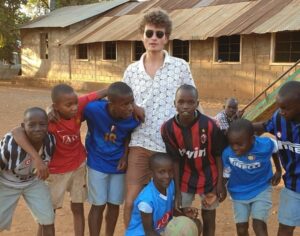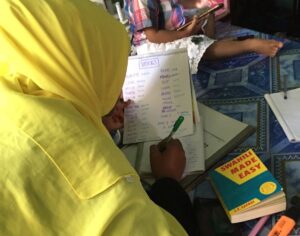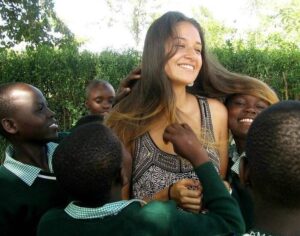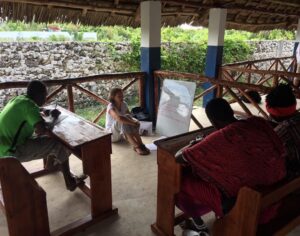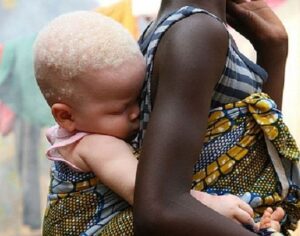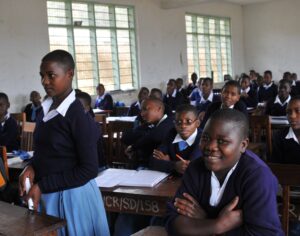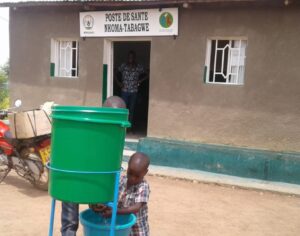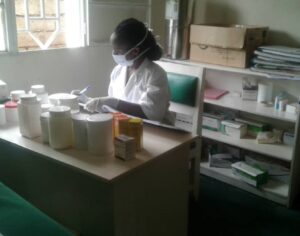SENEGAL’S RESPONSE TO COVID-19
As soon as it became clear that the Covid-19 virus would have spread globally, several celebrities and organizations have expressed their concern for the tragic effects that the pandemic would have had on the African continent. Of course, we are all aware that Africa is the world’s poorest continent, that’s the first thing that comes to everyone’s mind when thinking about it. Anyway, this year has shown that some African states have been considered efficient in dealing with the global health crisis.
In fact, on March 20th the African Union together with the Africa Centres for Diseases Control had already established an African Joint Continental Strategy for Covid-19 Outbreak. By April 1st, 43 out of the 54 African states were able to effectively diagnose Covid-19, also thanks to self-testing diagnosing kits that have been provided with the African Centre for Disease Control support. Statistics in May declared Africa to be the continent least impacted by the pandemic.
Clearly, the situation had different effects in and within different states. However, some governments are acknowledged to have done an excellent job, like Senegal.
Senegal’s current framework
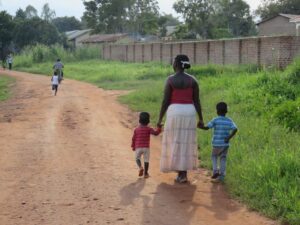 Senegal is listed in the low HDI (Human Development Index) category by the UNDP. In 2018 his inhabitants’ life expectancy at birth was 68 years on average, while the under-five mortality rate was 44 every 1000 living births and the HIV prevalence among people between 15 and 49 years old was 0.4%. Nonetheless, it is considered to be one of the most economically stable countries in Africa.
Senegal is listed in the low HDI (Human Development Index) category by the UNDP. In 2018 his inhabitants’ life expectancy at birth was 68 years on average, while the under-five mortality rate was 44 every 1000 living births and the HIV prevalence among people between 15 and 49 years old was 0.4%. Nonetheless, it is considered to be one of the most economically stable countries in Africa.
Its healthcare system consists of both public and private structures, and the government has worked thoroughly to ensure that healthcare could be accessible to all strata of the population, despite the lack of means, equipment, and human resources.
What happened with the pandemic?
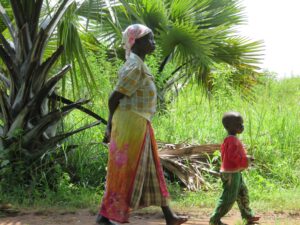 The first Covid-19 case in Senegal – and the second in all sub-Saharan Africa – has been confirmed on March 2nd. Twenty days later the government declared a state of emergency, which implied a national curfew and the closure of schools and universities as well as places of worship. Surgical masks were imposed as mandatory, and they were sold at the lowest possible prices or even given for free. Whoever was tested positive, whether showing Covid-19 symptoms, was immediately brought to hospitals or in some hotels that have been converted into quarantine units, in order to keep the family members safe from infection.
The first Covid-19 case in Senegal – and the second in all sub-Saharan Africa – has been confirmed on March 2nd. Twenty days later the government declared a state of emergency, which implied a national curfew and the closure of schools and universities as well as places of worship. Surgical masks were imposed as mandatory, and they were sold at the lowest possible prices or even given for free. Whoever was tested positive, whether showing Covid-19 symptoms, was immediately brought to hospitals or in some hotels that have been converted into quarantine units, in order to keep the family members safe from infection.
The government had also created a solidarity fund (Force-Covid-19) to diminish the pandemic’s economic impact.
Doctors, scientists, and even students have been working in cooperation with the government since before the lockdown to come up with low-cost and fast machines: an example is the “Dr. Car”, a robot that is able to measure temperature and blood pressure (thus reducing the need of exposing doctors and nurses to infected patients) invented by a team of Dakar’s Ècole Supèrieur Polytechnique’s students.
 Most importantly, Senegal’s government has launched an impactful communication campaign to spread awareness of the virus and the best ways to prevent it. President Macky Sall himself has shown up wearing a mask, new basins have been installed in all major cities to encourage people to wash their hands, and a short series called “Le Virus” has been transmitted on one of the most popular Senegalese TV channels.
Most importantly, Senegal’s government has launched an impactful communication campaign to spread awareness of the virus and the best ways to prevent it. President Macky Sall himself has shown up wearing a mask, new basins have been installed in all major cities to encourage people to wash their hands, and a short series called “Le Virus” has been transmitted on one of the most popular Senegalese TV channels.
Finally, from April 21st to May 15th there has been a mass screening across the country.
Results and data
The lockdown has been lightened on May 12th, with the reopening of schools and places of worship, a reduction of the curfew, and the reorganization of office hours. On the same occasion, national borders were reopened, but every traveler coming from abroad has been requested a negative Covid-19 certificate not to be older than a week.
In October official data reported that in Senegal there have been 15000 Covid-19 positives and 300 deaths out of 16 million inhabitants, with a very low peak of deaths.
American magazine Foreign Policy has listed Senegal in second place on Covid-19 global response ranking, with a score of 89.3 out of 100.
We can’t know whether the situation in Senegal is due to improve or worsen in the next months, but the results obtained so far are astonishing.
It’s clear we can no longer think about Africa only as a hopeless land.

